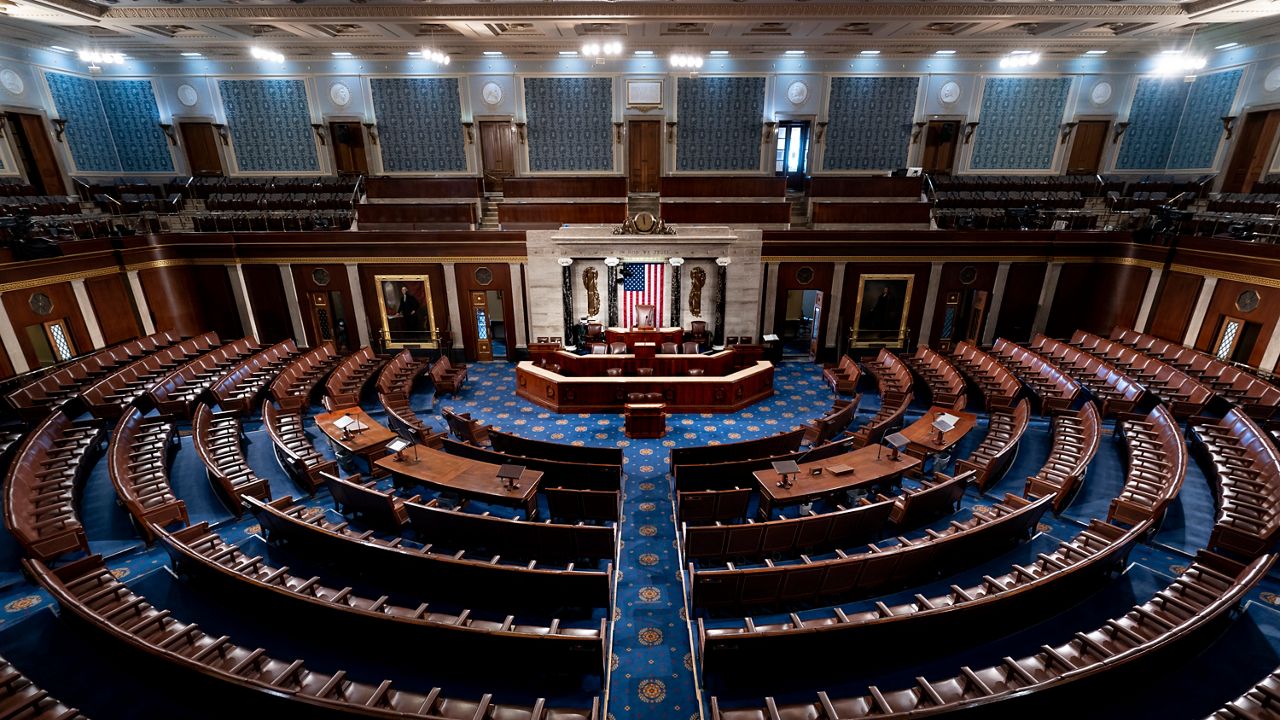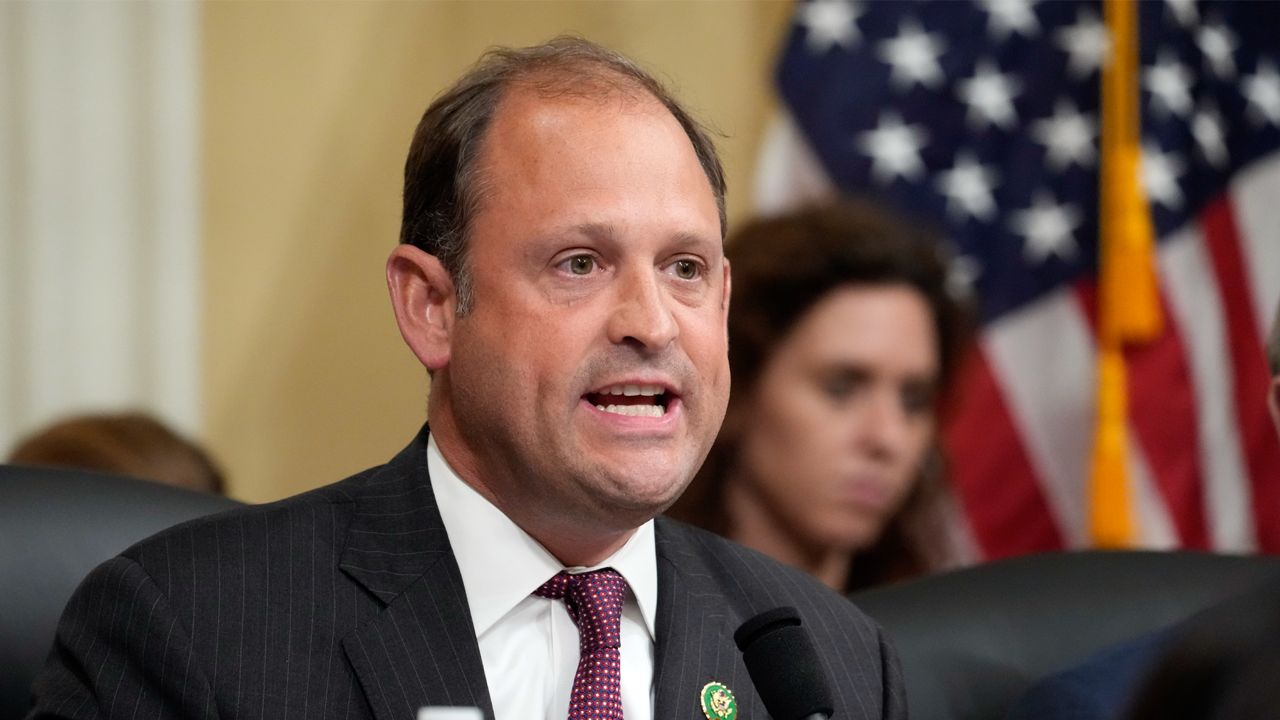Two of the three legs of horse racing’s Triple Crown have already taken place, but the final part of the Horse Racing Integrity and Safety Act,—which was created to bring uniform national rules and regulations to the sport—is just now at the starting gate because of many legal challenges.
What You Need To Know
- The Anti-Doping Medication Control Program, part of the Horse Racing Integrity and Safety Act, started on Monday, May 22
- Rep. Andy Barr, R-Ky., said he is “confident” the full implementation of the law will “materially enhance safety” in the sport
- Safety in thoroughbred racing was once again in the spotlight earlier this month when seven horses died in the days leading up to the Kentucky Derby
- The Anti-Doping and Medication Control program was first implemented on March 27, but took a pause just a few days later. There are still several states and racetracks that have opted out of HISA
Rep. Andy Barr, R-Ky., who served as one of the lead sponsors of the law, said he thinks these regulations will improve one of Kentucky’s signature industries.
Barr said it’s “unrealistic” to completely get rid of the risk of breakdowns on the track, but he is confident that the full implementation of the Horseracing Integrity and Safety Act (HISA) will “materially enhance safety” in the sport.
Safety in thoroughbred racing was thrust into the spotlight earlier this month when seven horses died in the days leading up to the Kentucky Derby.
“There’s a certain degree of risk that is inherent in any of these physical activities,” Barr said. “The goal, of course, is to reduce the number of fatalities to increase the safety and wellbeing of both the human and the equine athletes.”
HISA is a two-part program. The racetrack safety portion that provides a uniform set of rules has been operating for almost a year, but the Anti-Doping and Medication Control officially started operating on Monday.
“We want uniform rules of racing, and we want safety, and we want integrity because that’s the predicate for attracting a new generation of fans,” Barr said. “If we don’t have that, we won’t have a prosperous future for this great sport.”
The Anti-Doping and Medication Control program was first implemented on March 27, but took a pause just a few days later. There are still several states and racetracks that have opted out of HISA, and Louisiana and West Virginia aren’t operating under HISA’s jurisdiction because of ongoing legal challenges.
Since the bill was first passed, lawmakers in support of HISA have taken several additional steps to make sure the streamlined rules would go into effect. That included giving the Federal Trade Commission the authority to oversee it.
“The model is based on constitutional precedent,” Barr said. “These challengers will work their way through the system. That’s fine. That’s the American way.”
As for the deaths of those seven racehorses at Churchill Downs before the Kentucky Derby, HISA is conducting an independent investigation. Those findings will be made public.
The third leg of the Triple Crown, the Belmont Stakes, is coming up in a few weeks. That race takes place in New York.










